Four days before the partition of the subcontinent, and the birth of Pakistan, a flag was created. It was mostly green, with a sharp and bold white stripe. The green was for the Muslims in the newly created country and the white represented the religious minorities — the Hindus, Sikhs, Christians and many others — who called Pakistan their home.
71 years since, Pakistan’s minorities have been visible in the Armed forces, judiciary, sports, education and entertainment.
Geo.tv remembers and pays tribute to some of these unforgettable names that make up the white in our flag:
Dr Ruth Pfau
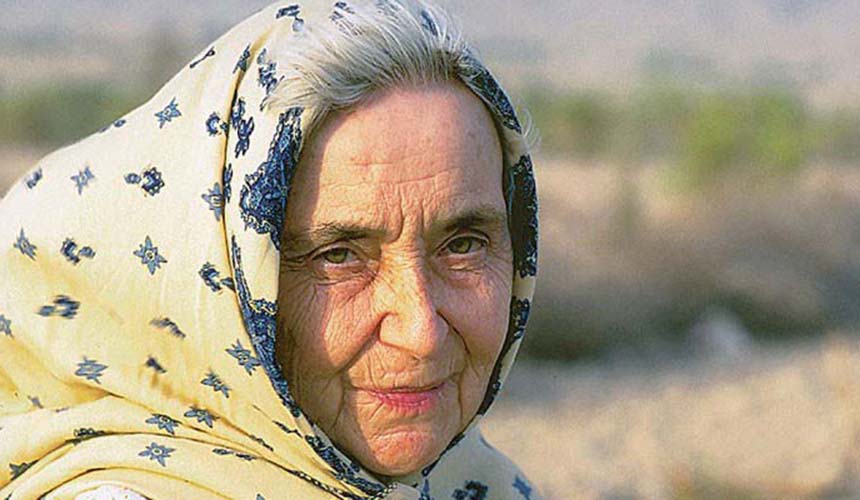
Referred to as Pakistan’s ‘Mother Teresa’, Dr Ruth Pfau led a battle against the stigmatised disease of leprosy. She was the founder of the National Leprosy Control Programme in Pakistan and was in charge of the Marie Adelaide Society of Pakistan (MASP), where leprosy patients are treated. Dr Pfau, who was born in Germany, came to Pakistan in the 1960s and dedicated her life to taking care of leprosy patients. It was due to the endless struggle of Dr Pfau that Pakistan defeated the disease and became leprosy-free in 1996. She was granted Pakistani citizenship in 1988 and received numerous accolades for her services.
Dr Ruth Pfau passed away at the age of 87 on August 10,
Ardeshir Cowasjee
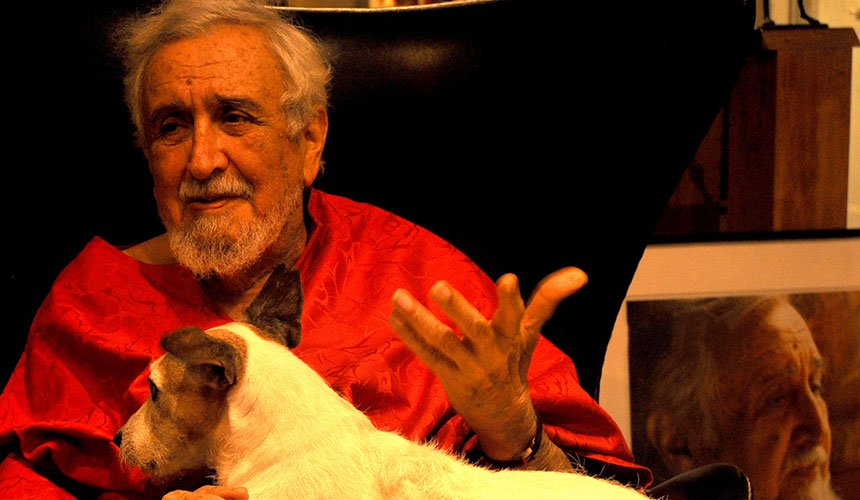
Cowasjee was born on April 13, 1926, in Karachi to a well-known Parsi family. A leading philanthropist and businessman, he wrote regularly for the English daily, Dawn, for over two decades. Cowasjee was famed for being a vocal critic of corrupt statesmen and was an authority on all things Karachi. After his death on November 24, 2012, at the age of 86, the Institute of Business Administration in Karachi launched the ‘Ardeshir Cowasjee Centre for Writing’ in his honor.
Byram Avari
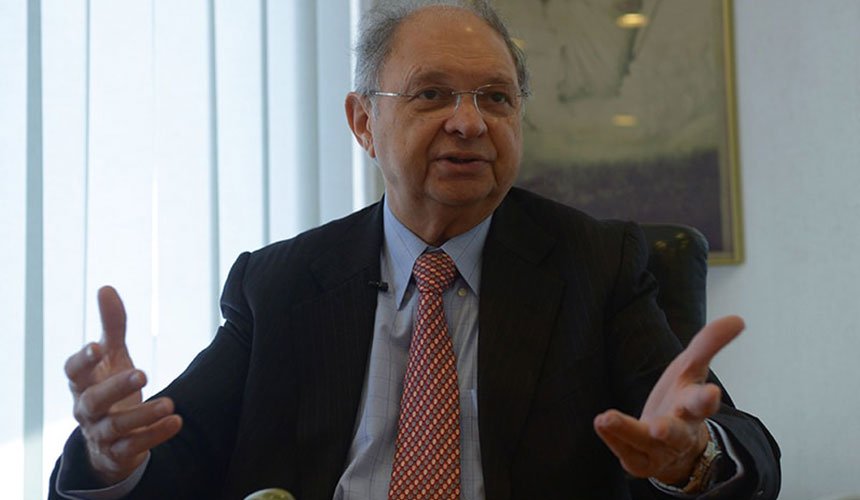
Byram Dinshawji Avari is a prominent and well-regarded name in the business community of the country. He owns the Avari Group, the first Pakistani company to obtain international hotel management contracts. Branches of the group operate in Dubai and Canada, besides in Pakistan. Avari is a professional sportsman. He has won the Asian Games gold medals for Pakistan in sailing twice.
Jamsheed Marker
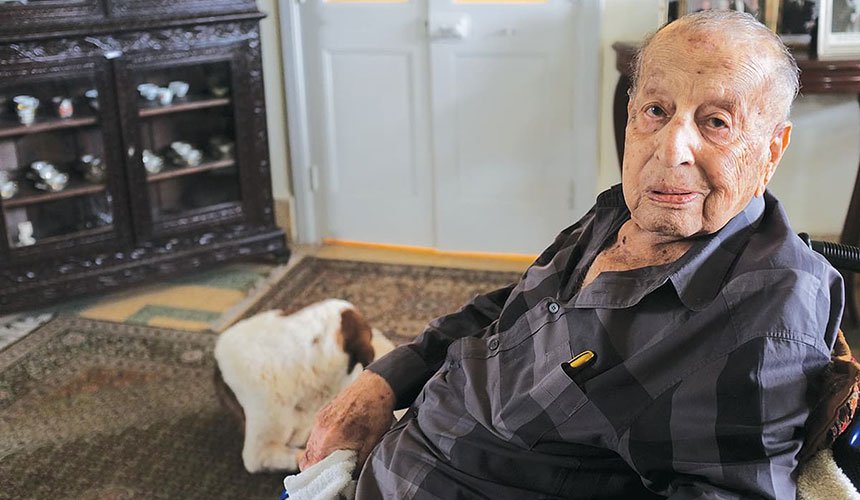
Jamsheed Kaikobad Ardeshir Marker is a seasoned Pakistani diplomat and cricket commentator. The Guinness Book of Records notes that he has held more ambassadorial positions than anyone else in the world. A recipient of the Hilal-e-Imtiaz, Marker can speak English, Urdu, Gujarati, French, German, and Russian. Before being appointed as ambassador, he was a renowned cricket commentator on the radio and a co-host with the legendary Omar Kurieshi in the 1950s.
A.R. Cornelius
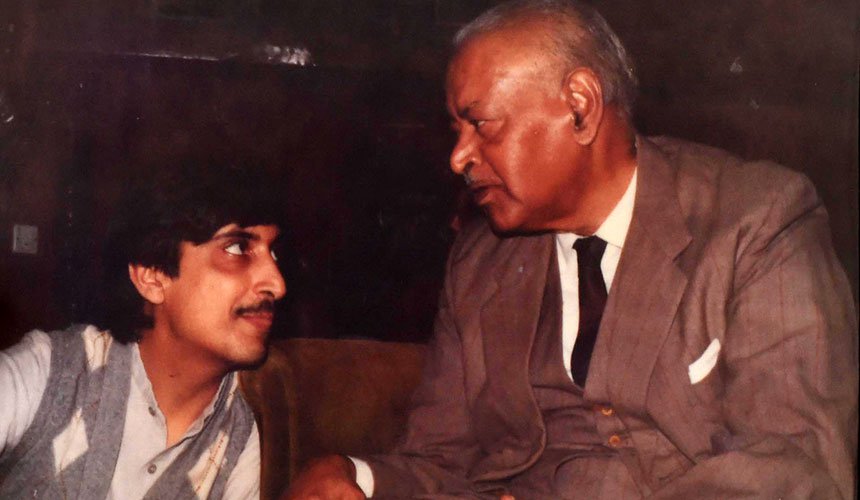
Chief Justice Alvin "Bobby" Robert Cornelius was a famous jurist and judge, who was appointed the fourth chief justice of the country. It was the first time in Pakistan’s history that a member of the Christian community was elevated to the post. For many he is also the father of Pakistan’s cricket. His unrestraint passion helped the game and the players in the early days of the nation. He also served as the vice president of BCCP – now the Pakistan Cricket Board. Cornelius passed away in 1991 in Lahore.
Rana Bhagwandas
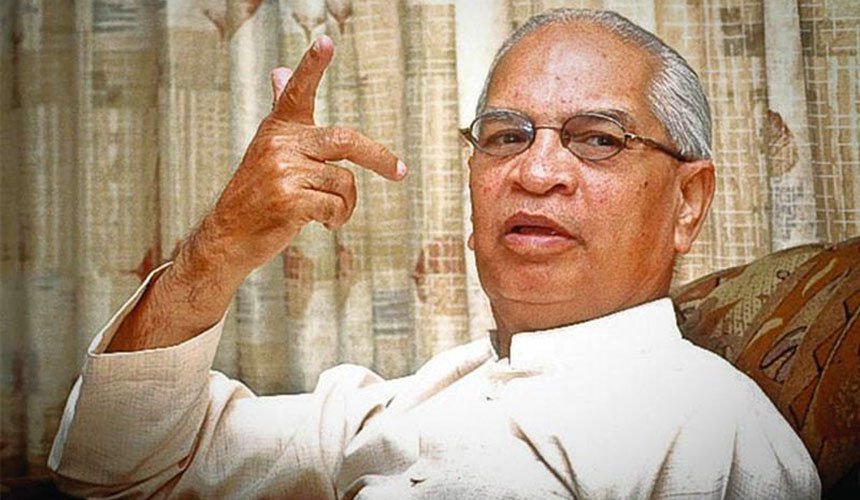
After Cornelius, Justice Rana Bhagwandas was the second non-Muslim to head Pakistan’s judiciary. Bhagwandas belonged to the Hindu community of the country.
He served as the acting chief justice during the 2007 judicial crisis in Pakistan. In 2015 he died in Karachi after suffering a cardiac arrest.
Air Commodore W. J. M. Turowicz
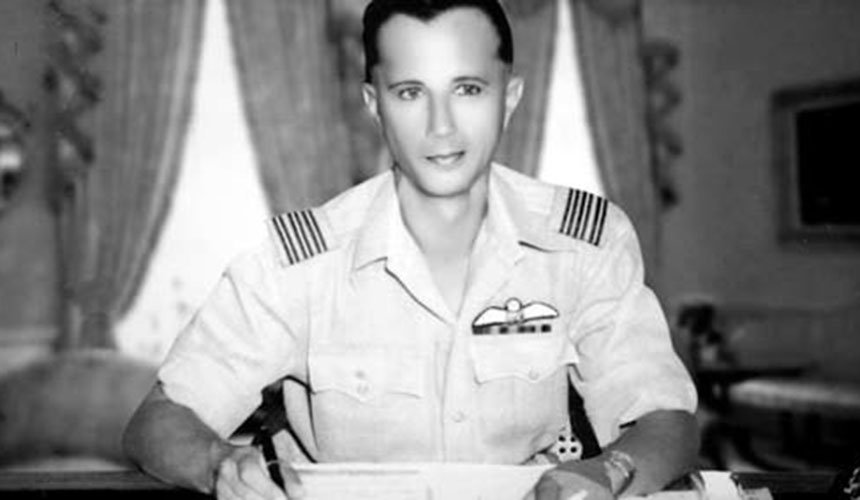
Air Commodore Władysław Józef Marian Turowicz was the chief architect and the select few individuals behind Pakistan Air Force and space programme. Originally from Serbia, a young Turowicz pushed the country to develop high-tech rocket and missile technologies of its own. He was among the 45 officers and airmen who joined the air force on contractual basis in the early 1950s. But even as his contract ended, he chose to stay back in Pakistan. Turowicz was a recipient of the Sitara-e-Pakistan, Sitara-i-Khidmat, Tamgha-e-Pakistan, Sitara-e-Quaid-e-Azam and Sitara-e-Imtiaz. He died in Karachi in 1980.
Cecil Chaudhry
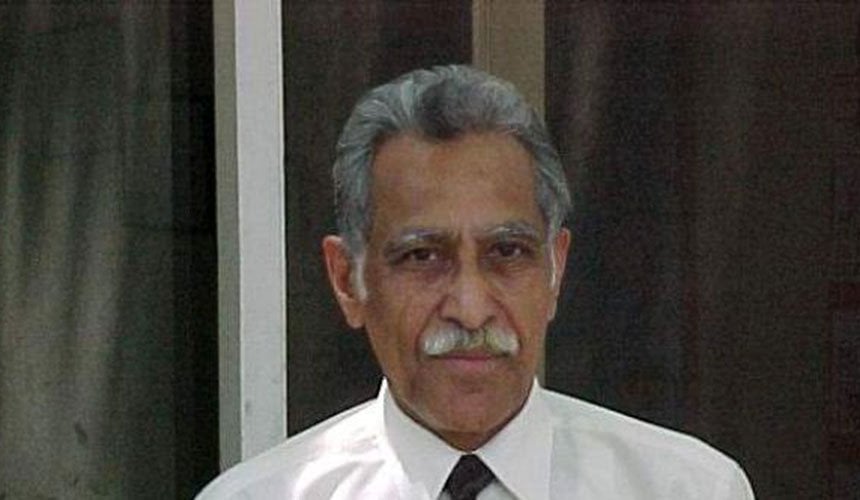
Born before the birth of Pakistan, to a Christian family, Captain Chaudhary was a war hero and also an academic. He joined the Pakistan Air Force in 1958 and played a prominent role in the 1965 war with India. Awarded the Sitara-e-Jurat and Tamgha-e-Jurat for his services, he died in Lahore in April 2012.
Mervyn Middlecoat
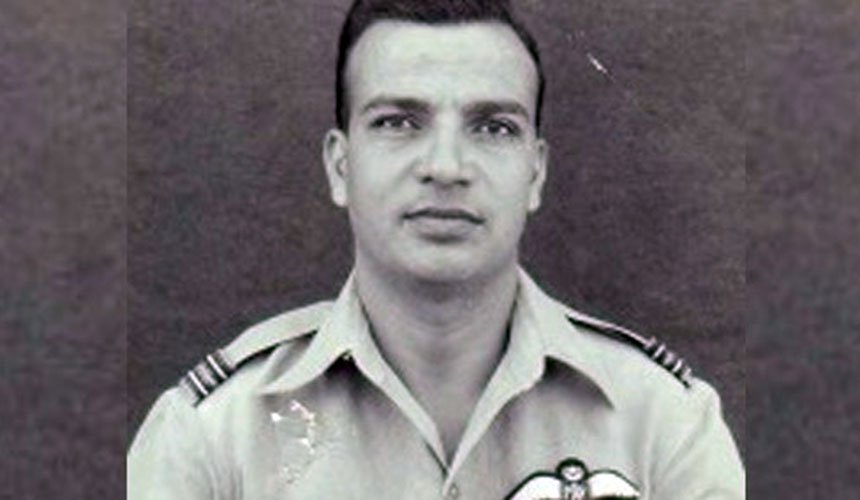
Chaudhry’s colleague, Wing Commander Mervyn Leslie Middlecoat bravely flew the F-86 Sabre against Indian aggression in Karachi during the 1965 war. During the combat, he shot down two enemy aircrafts, after which he was celebrated as the ‘Defender of Karachi.’ Middlecoat was posthumously awarded the Sitara-e-Jurat. The King Hussein of Jordan came to know him personally during his time training in Jordan. After Middlecoat’s demise, his wife received a personal letter from the King requesting that he be buried with the Jordanian flag under his head.
Arthur Nayyar
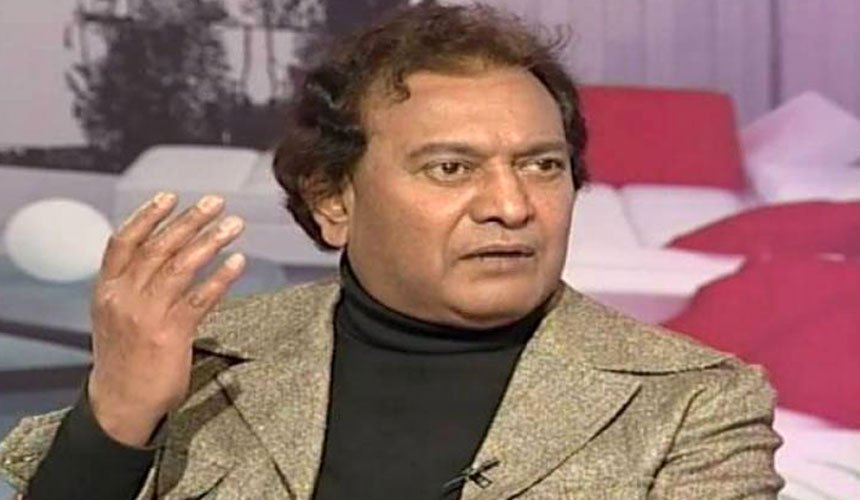
Nayyar was a famous playback and ghazal singer of the 70s and 90s. Although, he began preforming for the state-run Pakistan Television, he soon moved to lending his voice to films. Nayyar has sung for actors Waheed Murad, Muhammad Ali, Nadeem, Shahid as well as Shaan, Faisal, Ayaz and Humayyun Saeed. He was awarded five Nigar Awards in years 1979, 1985, 1988, 1989 and 1991.
Irene Perveen
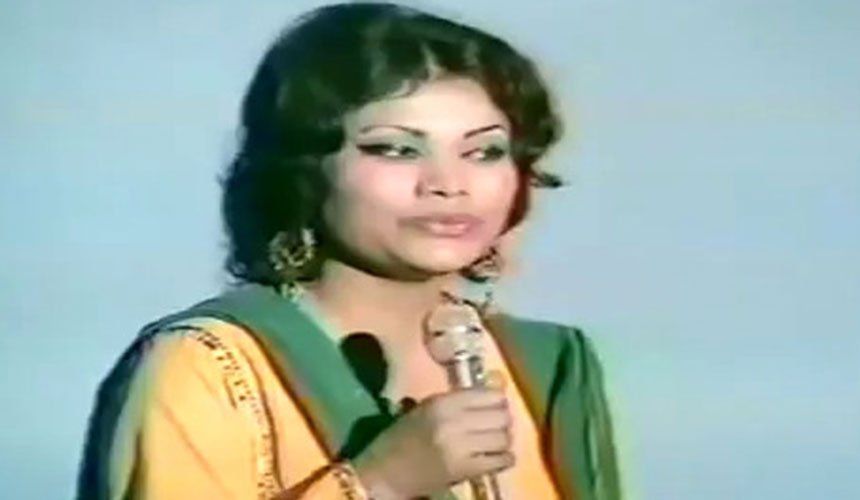
Perveen’s illustrious career began in 1958 as a playback singer. She is remembered for her collaborations with singers Masood Rana and Ahmed Rushdi. Some of her memorable numbers include, Aag’s Kuch kuch mujh se milta julta, Ehsaan’s Do Ankhiyan do sakhiyaan, or Tum Mere Ho’s Nadiya behti jaaye.
Sunny Benjamin John
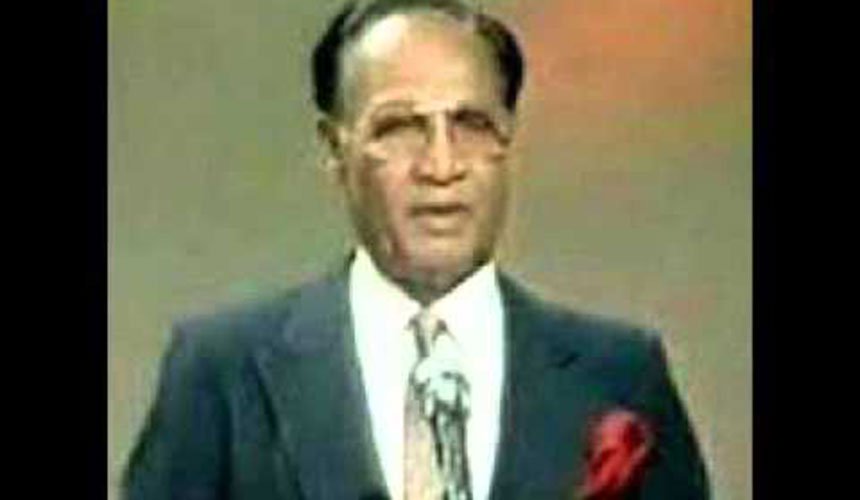
Popularly known as S B John, the singer was born in 1934 in Karachi. He began his career from radio and then moved on to Urdu ghazals. He sang his most well known tune, Tu jo nahi hai tu kuch bhi nahi hai, for the film, Savera, in 1959. Later, he would sing Gospel music on Christmas Eve on the Pakistan Television. In 2010, the then-president, Asif Ali Zardari, honoured John’s work by awarding him the President’s Award for Pride of Performance.
Robin Ghosh and Shabnam
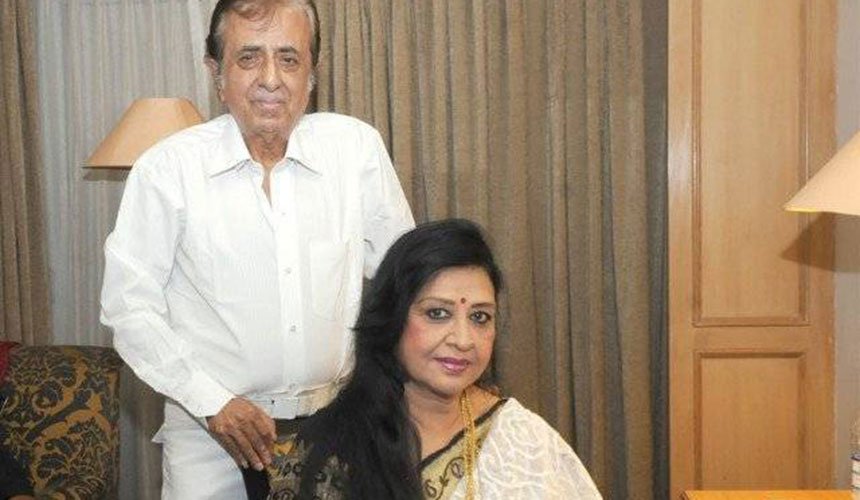
Jharna Basak, also known as Shabnam, was the most well known name during Pakistan film industry’s golden years. She was the actress of choice for most of director Pervez Malik’s ventures. Anmol, Intekhab, Pehchan, Talaash, Kamyaabi, Sachchai, Qurbaani and Pakeezah were big blockbusters of its time.
In 1965, she married Robin Ghosh, a music composer who can be credited for providing memorable scores to the major films of the 60s and 80s. Ghosh died early this year in Dhaka. The same year, Shabnam travelled to Pakistan once again to attend the Karachi Literature Festival.
Benjamin Sisters
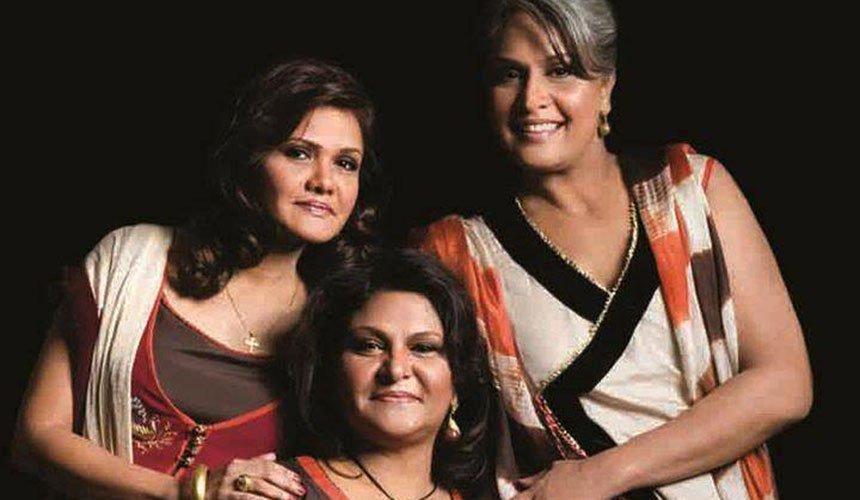
‘Benjamin Sisters’ was a name given to three sisters, Nerissa, Beena and Shabana, a singing trio of the 80s. They became a household name after the 1983 hit TV show, Silver Jubilee.
Satish Anand
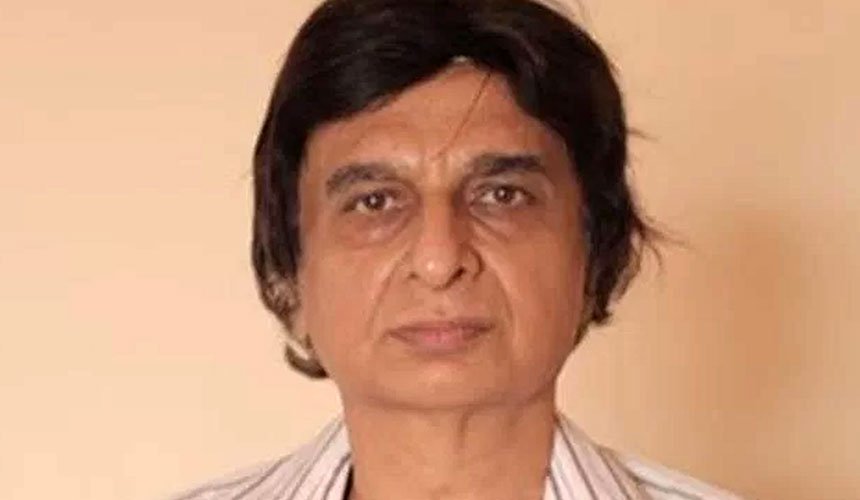
Satish Anand is a leading film producer in Pakistan. His, Eveready Pictures, is headquartered in Karachi. Anand is the son of J C Anand, who was also a filmmaker. Anand set up the production house, Eveready, before Partition and stayed back to produce Pakistan's first golden jubilee film Sassi in 1954. Besides films, Anand has over the years also ventured into television.
Deebo Bhattacharya
Bhattacharya was a musician from East Pakistan. Born into a Hindu family, he migrated to Pakistan in the 1950s. His body of work includes, writing and producing music for films such as Banjaran, Badnaam, Samandar and Baazi.
Wallis Mathias
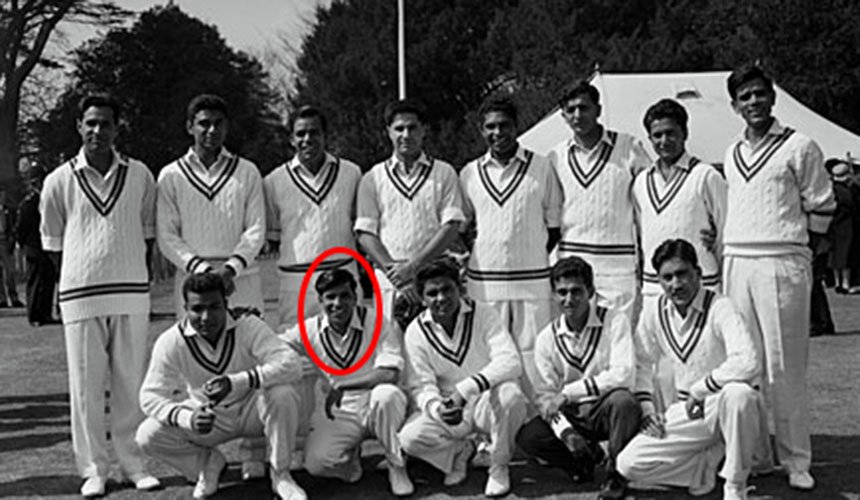
Wallis Mathias was Pakistan’s first cricketer from its Christian community. During the course of his career, he played 21 tests from 1955 till 1962 as a batsman and fielder. He died in 1994 at the age of 59.
Jamshed Mehta
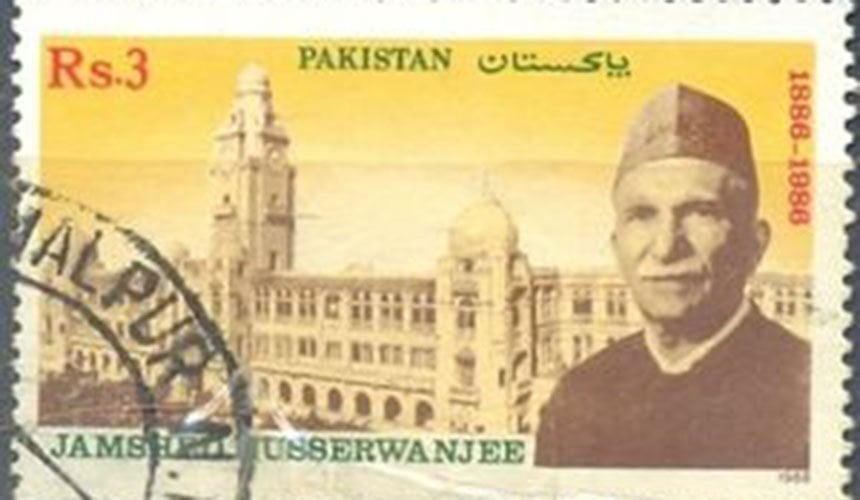
Jamshed Nusserwanjee Mehta was Karachi’s first mayor and is fondly remembered as the ‘Maker of Modern Karachi'. Born to a Parsi family, in 1918 he was elected as councillor of the Karachi Municipal Corporation. During his tenure, the city was transformed into an important metropolis, as he worked tirelessly to ensure the people of Karachi have health and other essential services.
Gertrude Lemmens
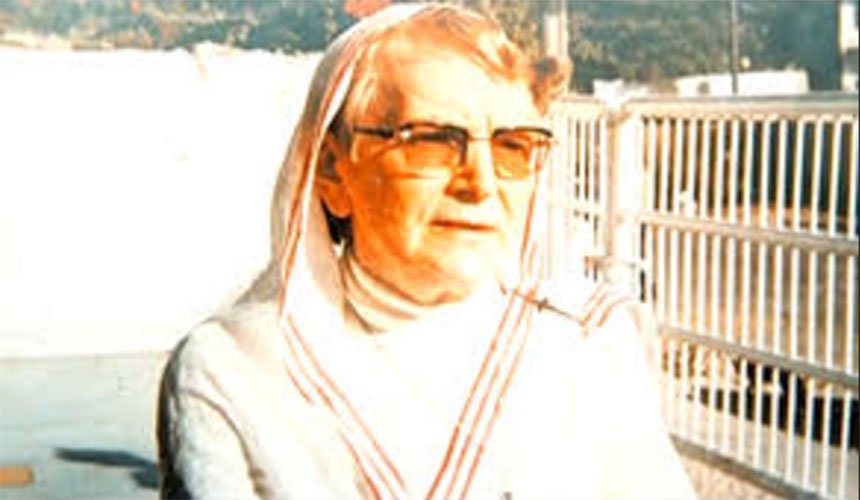
Sister Gertrude was a Dutch nun and founder of Darul Sukoon, a home for the mentally handicapped people in Karachi. She first arrived in Pakistan in 1939 and stayed on, establishing Darul Sukoon in 1969. In recognition of her work, she received the Sitara-e-Quaid-i-Azam in 1989. She died in October 2000.
This post was originally published on August 14, 2017.


